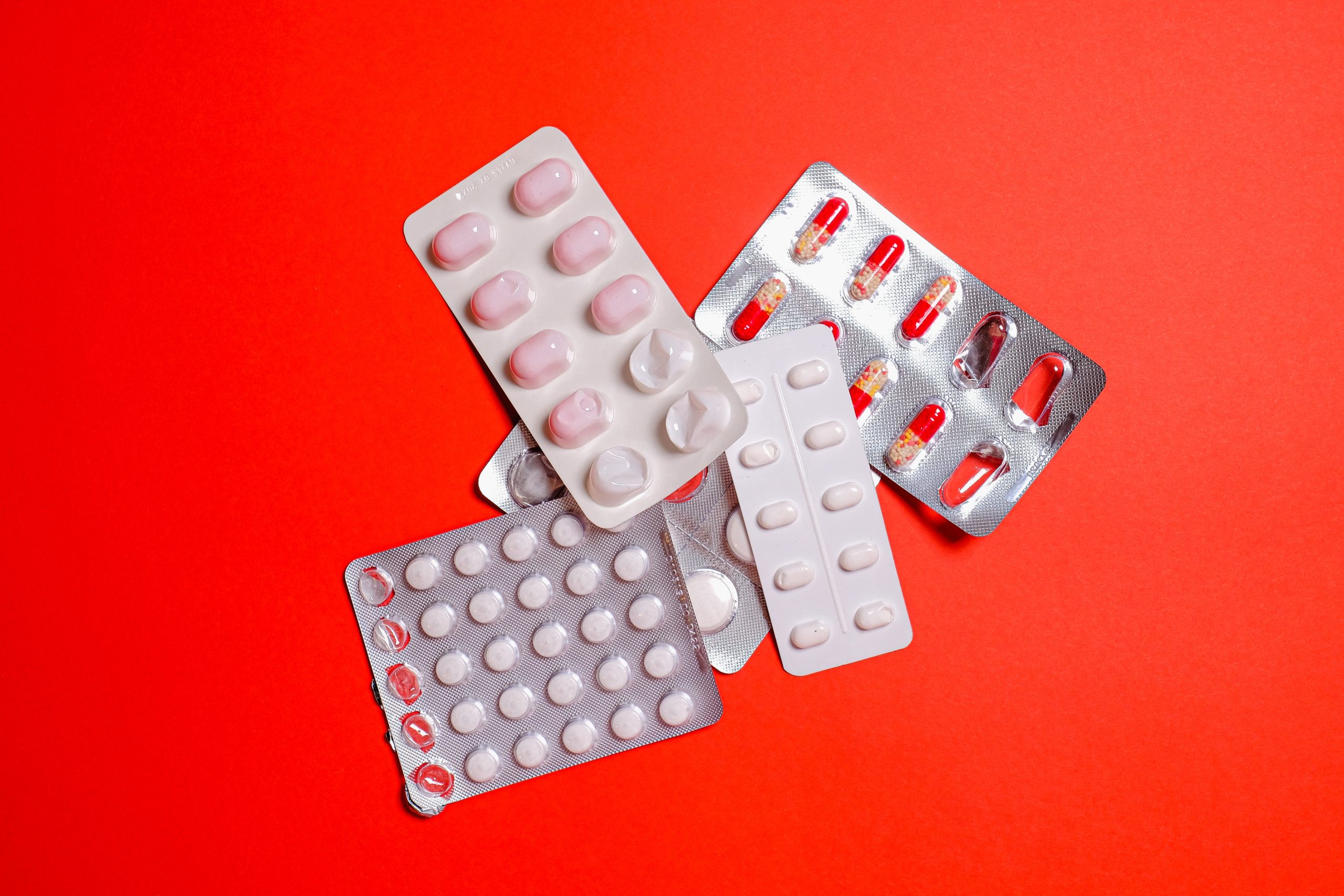On March 27, 2020, the Coronavirus Aid, Relief and Economic Security Act (CARES Act) was signed into law. In addition to providing direct financial assistance to Americans, the CARES Act repeals the Medicine Cabinet Tax provision of the Affordable Care Act (ACA), expanding the list of qualifying expenses that can be purchased with health savings accounts (HSAs).
CARES Act and Qualifying Medical Expenses
Under the CARES Act, the definition of a qualifying medical expense now includes certain over-the-counter (OTC) medications and products.
Examples of expenses that are now eligible medical expenses under the CARES Act include, but are not limited to, the following:
- Allergy medicine
- Analgesics (e.g., vaporizing rub)
- Anti-diarrhea medicine
- Anti-gas, Antacid
- Antihistimines
- Anti-inflammatory medication
- Aspirin
- Bandages
- Burn treatments, OTC
- Calamine lotion
- Cold and flu medicine
- Cold sore remedies
- Cold/hot packs
- Condoms
- Contact lens solutions/cleaners
- Cotton balls (sterile)
- Cough drops, cough suppressants
- Decongestants
- Diaper rash treatments
- Elastic wraps
- Expectorants
- Eye drops (nonmedicated)
- Feminine hygiene products
HSA Eligible Expenses Expanded
- Fiber laxatives
- First-aid kits
- Heating pads
- Hemorrhoid treatments
- Insect bite/sting medicine
- Medicated lip balm/cream
- Menstrual pain relievers
- Nicotine patches, gum and lozenges
- OTC pain relievers
- Pregnancy test kits
- Prenatal vitamins
- Reading glasses
- Stomach remedies
- Sunburn treatments
- Sunscreen
- Thermometers
- Throat lozenges/cough drops
Please note, this list is not all-encompassing. For more information on your medical spending account, please contact your plan administrator.






